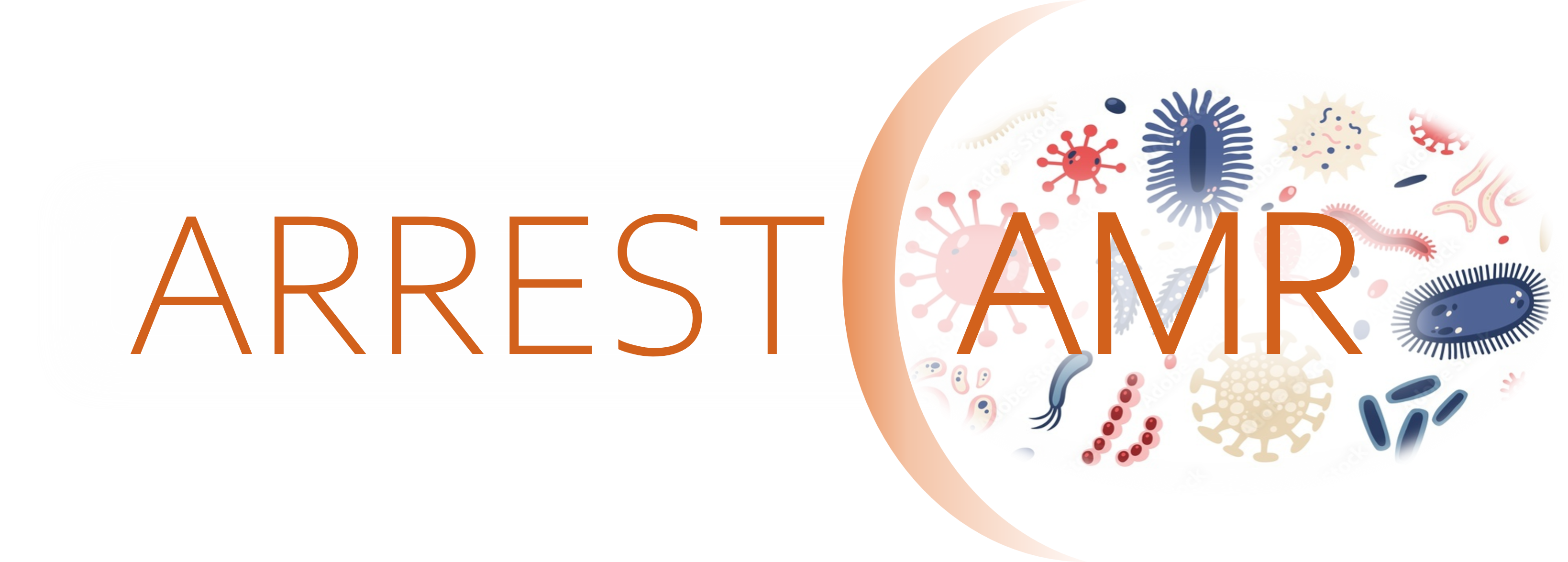About the network
We are responding to the UKRI’s call to establish transdisciplinary networks to tackle AMR! https://www.ukri.org/opportunity/transdisciplinary-funding-to-tackle-antimicrobial-resistance-amr/
We are of course evolving, be part of us and shape our network!
We invite researchers from a broad range of disciplines with skills to transform our understanding of AMR and deliver effective solutions against AMR.
Due to the scope, scale and impact of AMR, there is a clear need for focussed efforts, sharing of knowledge/vision and common resources and to build a supportive ecosystem for AMR diagnostics from a One Health perspective- much like what was mobilised and achieved during the COVID-19 pandemic, to help new AMR diagnostics and detection methods progress beyond laboratory phase – and be used in real life. Through our network we will:
- Bring together developers of (i) rapid AMR diagnostic tests for human, animal and plant health. This includes diagnostics to detect the type of infection and distinguishing from other diseases or syndromes to enable diagnostics-guided antimicrobial treatments (ii) new tests for rapid detection of antimicrobials and co-selectors in the environment (iii) diagnostics that are optimised for antimicrobial susceptibility testing in situations such as chronic biofilm infections, where AMR / tolerance is hard to predict. (iv) new tests for obligate biotrophs/ unculturable pathogens where testing is difficult with existing methods (v) models to predict the presence of drug resistance and whether the infection warrants the use of antibiotics.
- Provide to the technology developers, ready access a complementary expertise such as scientists and engineers from various disciplines, clinicians, veterinarians, crop-protection professionals, experts in One Health, AI/ML experts, epidemiologists, fundamental biology of AMR and day-to-day users of diagnostics and tests.
- Share resources regarding aspects such as regulatory assistance and translational support.
- Promote Responsible Innovation complying to PAS440.
- Developing Target Product Profiles for AMR diagnostics.
- Support test accuracy and standardisation of AMR detection as well as wider infectious disease diagnostics.
- Work with the government and regulators to help develop fit-for-purpose regulatory systems for AMR and make the regulations more amenable to innovation, while ensuring safety of new technologies.
- Contribute to the fundamental understanding of the selection of AMR to assist the development and refinement of new diagnostics and their use in the context of human, animal, plant and environmental health.
- Actively engage with the public to disseminate about the research of the partners as well as educate in general about antimicrobial resistance and how they can contribute.
